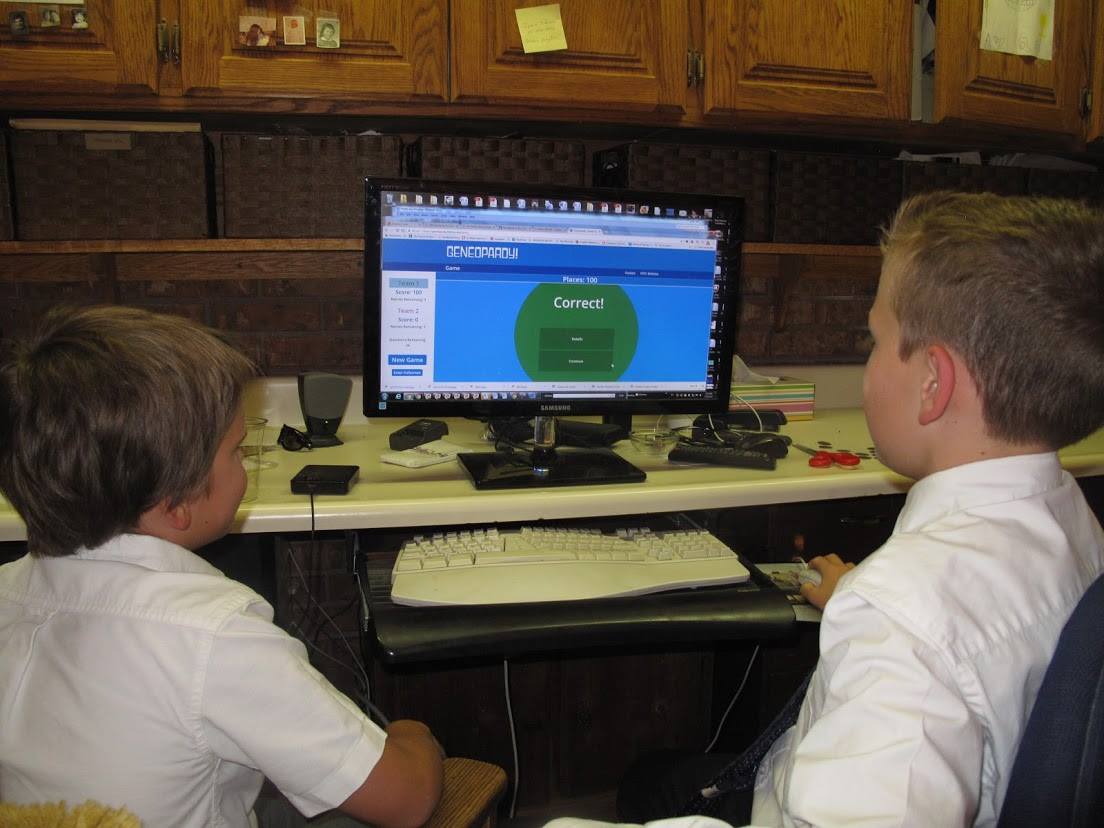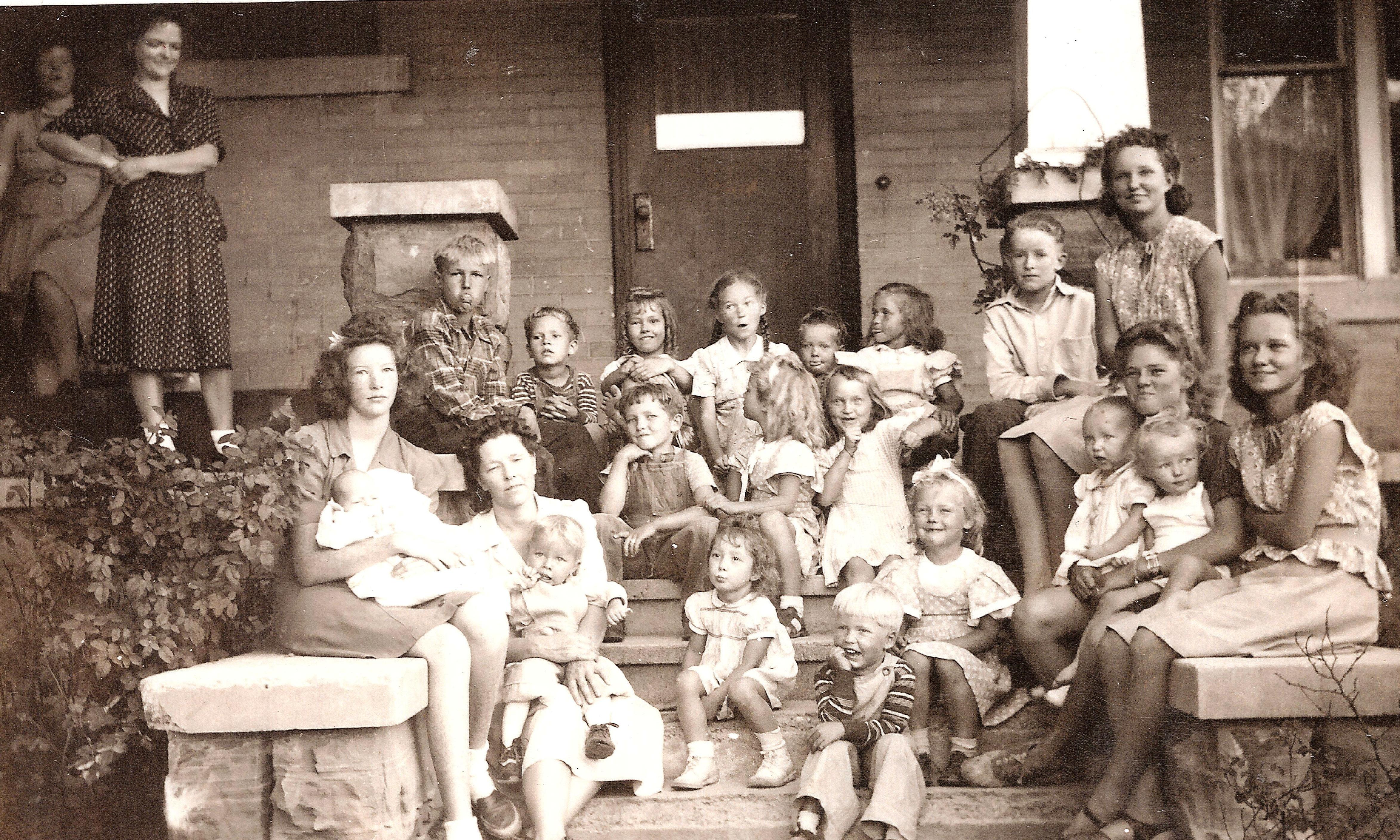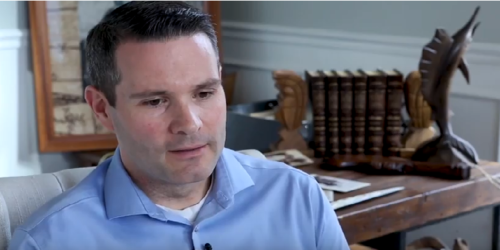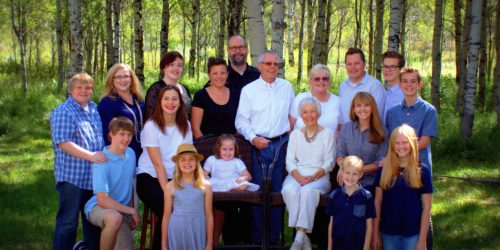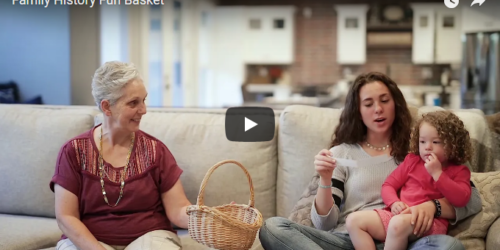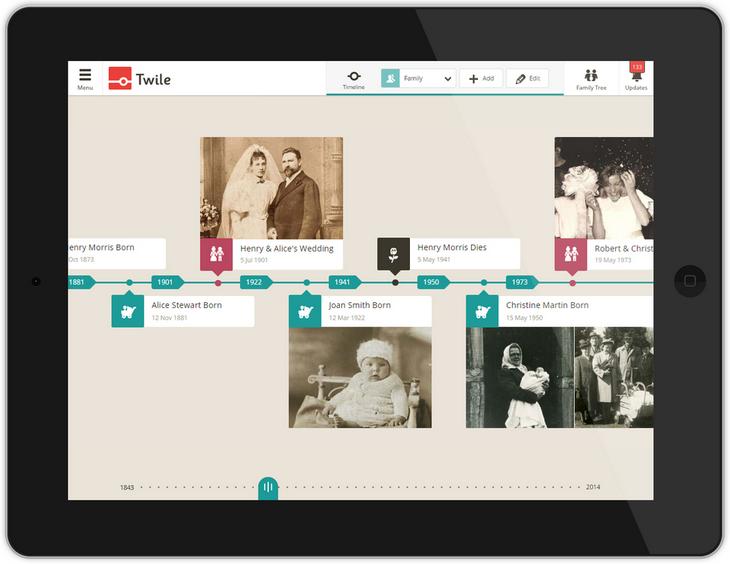Putting Your Ancestor into Historical Context
 In my last blog post, I used several examples from my research of Gideon Tripp and his father-in-law Benjamin Watts, along with both of their families. I worked on these two families as part of a research project for a class I took earlier this year. As I was researching their residence in Sangamon County, Illinois from the mid 1830’s up to at least the 1910’s, I discovered two very interesting facts.
In my last blog post, I used several examples from my research of Gideon Tripp and his father-in-law Benjamin Watts, along with both of their families. I worked on these two families as part of a research project for a class I took earlier this year. As I was researching their residence in Sangamon County, Illinois from the mid 1830’s up to at least the 1910’s, I discovered two very interesting facts.
One was that both families lived about a couple of days away from Nauvoo, which was, at the time, founded and populated by members of The Church of Jesus Christ of Latter-day Saints. This brings up several questions, such as “What did these two families think of the ‘Mormons’ and their beliefs,” and “Did they have any interesting encounters with them and, if so, how did that go?” Unfortunately, I was unable to find any personal accounts by these two families regarding interactions with members of that faith, but it was very interesting to think about.
The second fact regards the politics in that county. One of Sangamon County’s local attorneys at the time both families were living there was Abraham Lincoln, who would later become the 16th President of the United States. Considering Lincoln’s political success in Illinois and beyond, it brings up several questions, such as “What did both families think of Lincoln’s stance on slavery?” and “Did they had any interactions with him, and how was that?” Unfortunately, the only supporting, yet indirect evidence that I could find during my research was a couple of military draft books for the Union during the Civil War, where a couple of family members signed up, implying support for Lincoln’s presidency at the very least.
I bring all of this up because (1), it’s quite fascinating and (2), because I believe it is important to consider what was going on during your ancestor’s life. Understanding the historical context can help you understand and appreciate what your ancestor lived through and handled difficult circumstances. But where can you begin and how can you accurately tell their story without making false assumptions? Here’s a couple of options and tips that can help you in writing/telling your ancestor’s story:
- Ancestry and FamilySearch Timelines: These are good places to start, especially if you want to start with big, significant events. Both FamilySearch and Ancestry have an option that allows you to see historical events that occurred, based on the area and time period extracted from your ancestor’s information. For more information, check out the Family History Guide for FamilySearch (Project 1, Goal 2, Choice G) and Ancestry (Project 3, Goal 4, Choice A).
- Local Histories and Records: While learning about your ancestors and their time in the area, you should also take time to familiarize yourself with the area’s history and roots. Especially in the beginning days of colonization of North America, many communities will often compile a history, with a list of their early settlers and important events. For example, the Old Settlers’ Society of Sangamon County appointed a man named John C. Power to create and document the early history of the settlers of the county. Not only was it helpful in obtaining genealogical information about the Watts family, as shown below, but it also gives a rich and detailed history of the county, as well as Illinois, from the colonial period to the mid 1870’s. Often, these histories and other kinds of records can be found in either the FamilySearch Catalog or at a local library/repository in that area. If you want to get a better understanding of the kinds of records that are available there, you can consult either the FamilySearch Wiki or check out the Family History Guide Countries page.
- History Courses: If you are researching an ancestor that lived in a place that you are not familiar with, it might be helpful to first learn of its history. This is a more general and broad study; think of a history course. You may want to take one from a local/online university, if they are offered and are within your budget. You can also study about the area either online or at the public library. The Family History Guide has Goals for learning the culture, history, and geography in many of the Country pages.
Of course, there are many routes and ways to go about learning about your ancestor’s life in context of historical events. Be careful, though, not to get too distracted or carried away from your research; your study of historical events should help you to understand and, hopefully, get more information about your ancestor. Also, avoid making assumptions without any evidences or sources to back them up, especially when you are writing a biography or historical narrative. For help in this regard, you can look at The Family History Guide for ideas on creating a biography for your ancestor.
